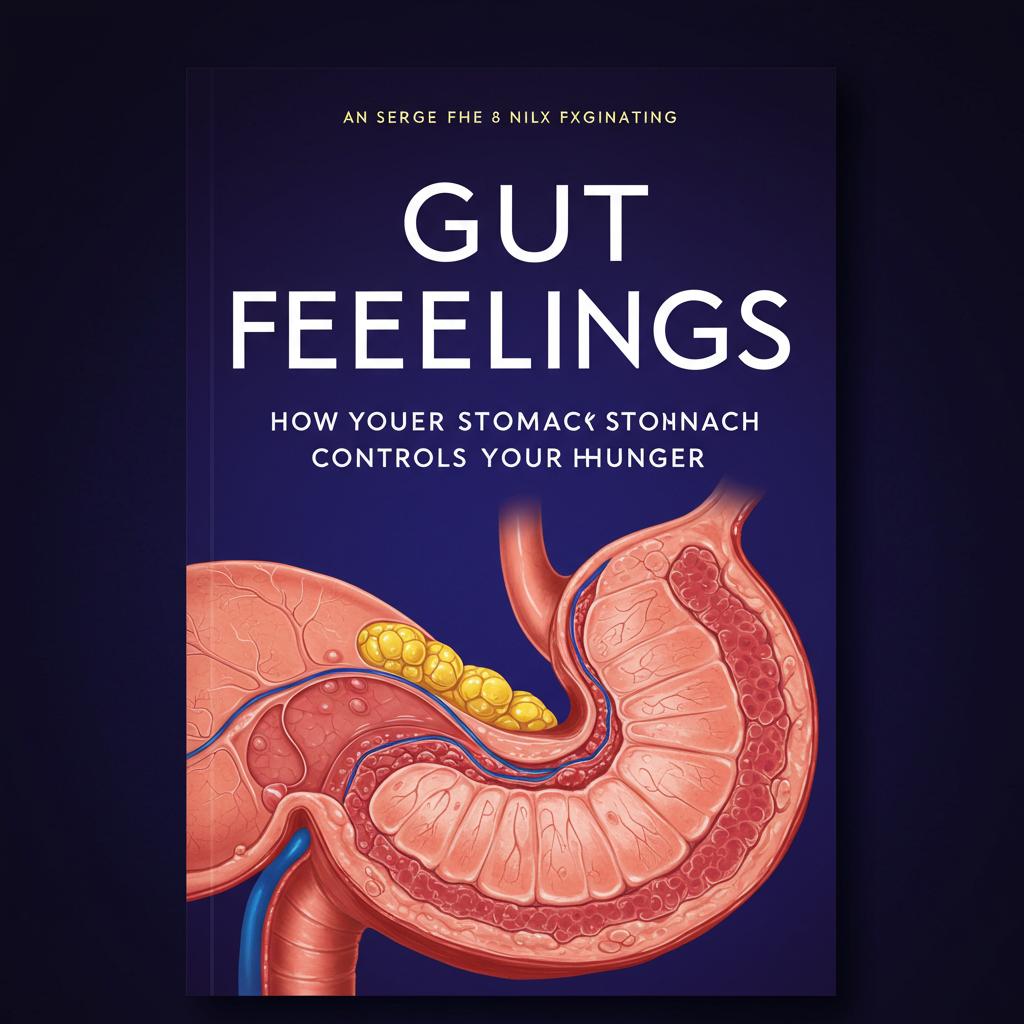
Ever feel that pang of hunger right before lunch? Or that satisfying fullness after a good meal? It turns out, there’s a whole symphony of signals happening inside your gut, orchestrating your appetite and telling your brain when to eat and when to stop. These signals come in the form of gut peptides, tiny molecules released into your bloodstream that act as messengers, controlling your eating habits in fascinating ways. Let’s explore some of the key players:
- Ghrelin: The “Hunger Hormone”: Think of ghrelin as your body’s built-in dinner bell. Its levels rise before meals, sending signals to your brain that say, “Time to eat!” Once you start eating, ghrelin levels drop, quieting the hunger signals. This makes ghrelin a crucial player in initiating meals.
- Cholecystokinin (CCK): The “Satiety Signal”: As you eat, your upper intestine releases CCK. This peptide acts like a brake on your appetite, telling your brain you’re getting full and it’s time to slow down. CCK plays a primary role in that feeling of satiety after a meal. Other peptides like pancreatic glucagon and amylin contribute to this feeling of fullness, helping to wrap up the meal.
- Peptide YY (3-36) and Glucagon-Like Peptide 1 (GLP-1): The “Long-Term Regulators”: These peptides are released from your lower intestine, but they act a bit differently. They’re released more slowly during a meal and their levels stay elevated for hours afterward. This suggests they have a longer-term impact on your appetite, potentially influencing not just the current meal but also subsequent ones. They work by reducing meal size and making you feel fuller from the nutrients you’ve consumed, contributing to overall appetite regulation throughout the day.
So, how does this all work together? Imagine a complex conversation happening between your gut and your brain. Ghrelin kicks things off by signaling hunger. As you eat, CCK, glucagon, and amylin step in to promote satiety and end the meal. Meanwhile, PYY and GLP-1 work in the background, providing long-term regulation of your appetite and influencing your future eating habits. This intricate interplay of gut peptides is a crucial part of maintaining a healthy energy balance.
Understanding these different peptides and their roles can offer insights into how our bodies regulate food intake. It also highlights the complex mechanisms involved in appetite control, going beyond simply feeling hungry or full. Future research on these peptides may even lead to new therapies for weight management and eating disorders, offering hope for individuals struggling with these conditions.
